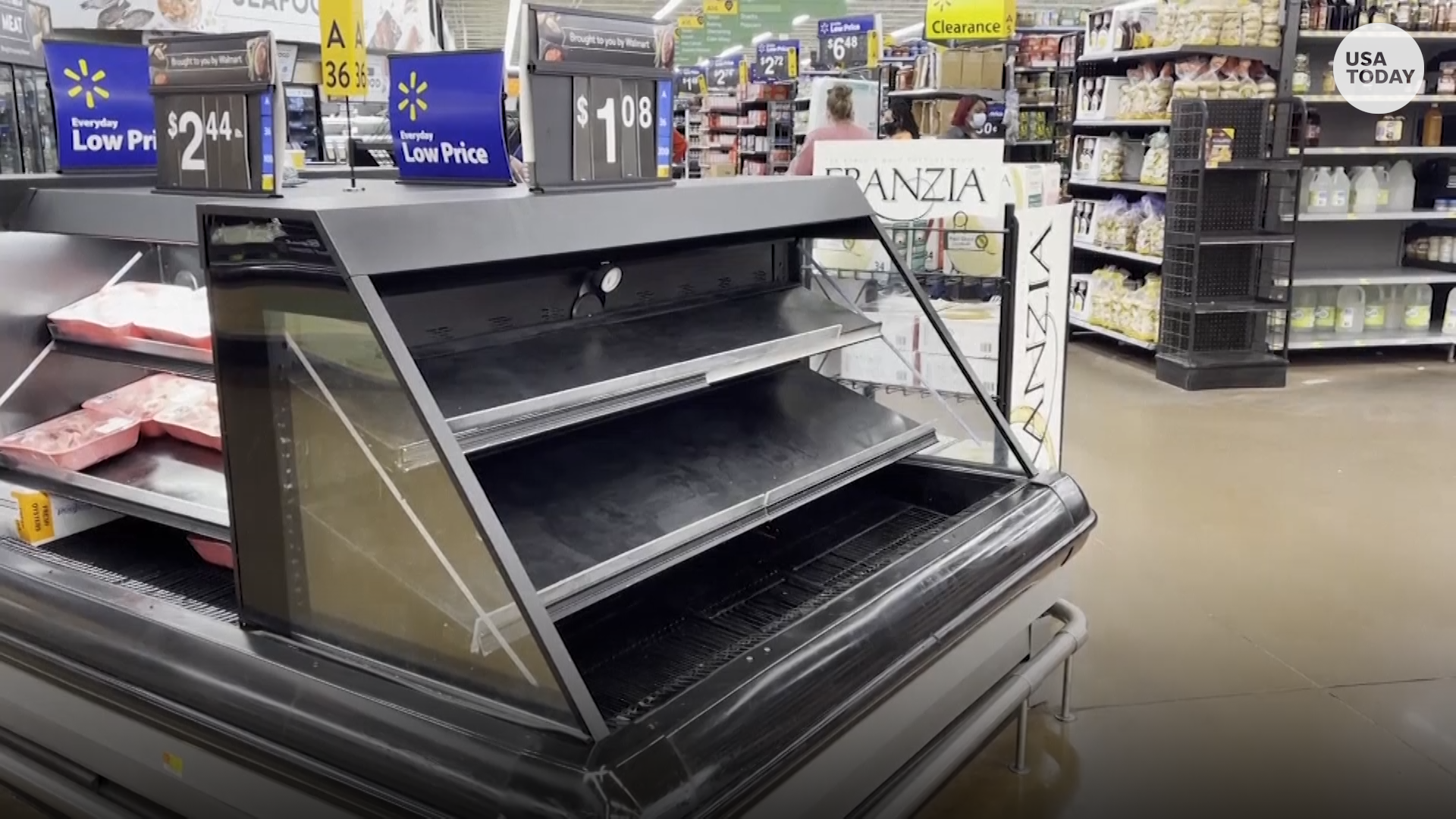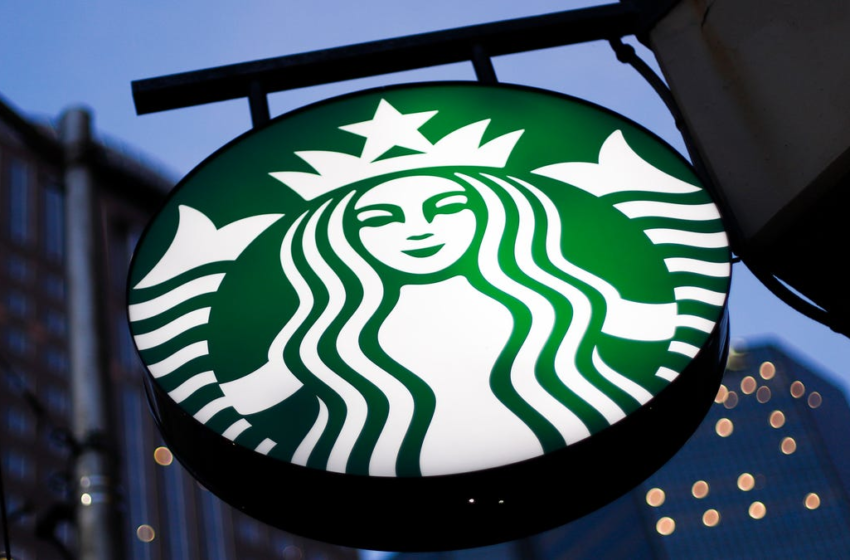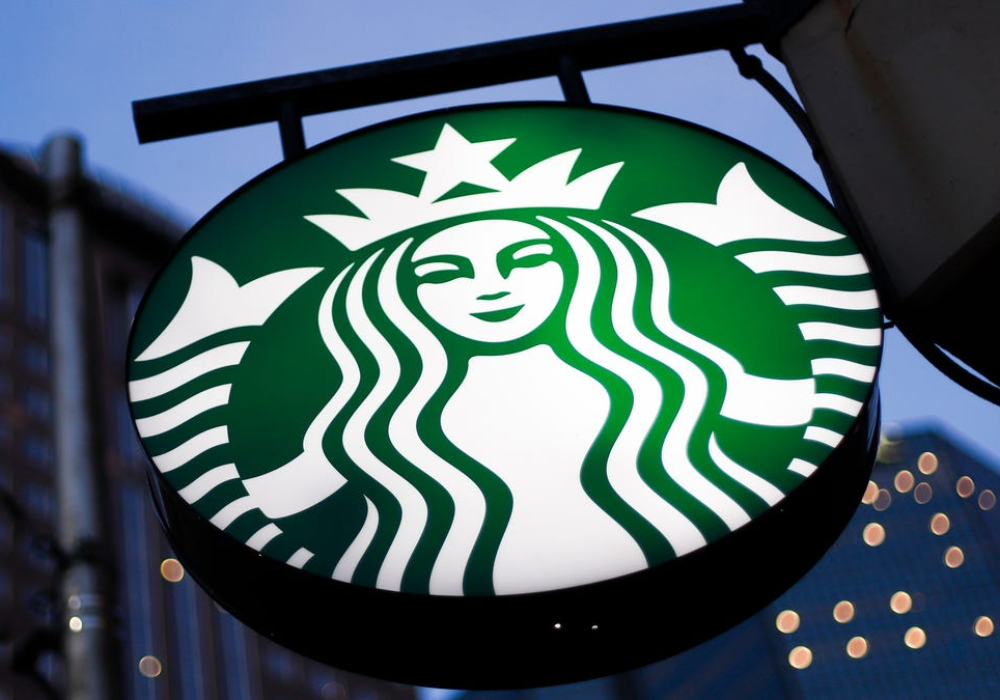
Grocery stores are struggling with empty shelves
Right now, the unavailability rate is hovering around 15%, according to Consumer Brands Association President and CEO Geoff Freeman.
Associated Press, USA TODAY
That caramel macchiato order might have to wait: Starbucks announced that some locations are temporarily scaling back operations due to staffing issues.
The siren-embellished coffee giant warned customers Friday that their next visit “may look different” as omicron case counts spike and more workers call in sick. That can mean reduced hours, a lack of certain products or a temporary halt on mobile orders and mobile pay at certain stores.
“As we have since the beginning of the pandemic, local leaders can, and do scale operations based on partner availability and local COVID-19 factors,” Starbucks said in a statement to USA TODAY. “These decisions are made on a store-by-store and market-by-market basis.”
► Food shortages: Grocery stores still have empty shelves amid supply chain disruptions, omicron and winter storms
The company said it would postpone reward members’ star expirations through April 1 as it worked to “quickly” resolve the disruptions “in these trying times.”
“You have our commitment to make the situation right,” a Friday email to Starbucks customers reads. “We will always make proactive decisions that prioritize the health and well-being of our customers and our partners.”
Starbucks suggests checking out its app to find the latest product availability before placing an order. The app and its website will also show each store’s current operating hours.
Staff shortages have been hitting a bevy of industries amid the latest COVID-19 surge. Airlines have had to cancel flights in recent weeks due to a high number of employee sick calls, and hospital staffers have been calling out sick in record numbers.
► Worker shortage should ease in 2022: But many people have permanently stopped working, depressing labor force participation
Follow USA TODAY reporter Bailey Schulz on Twitter: @bailey_schulz.










